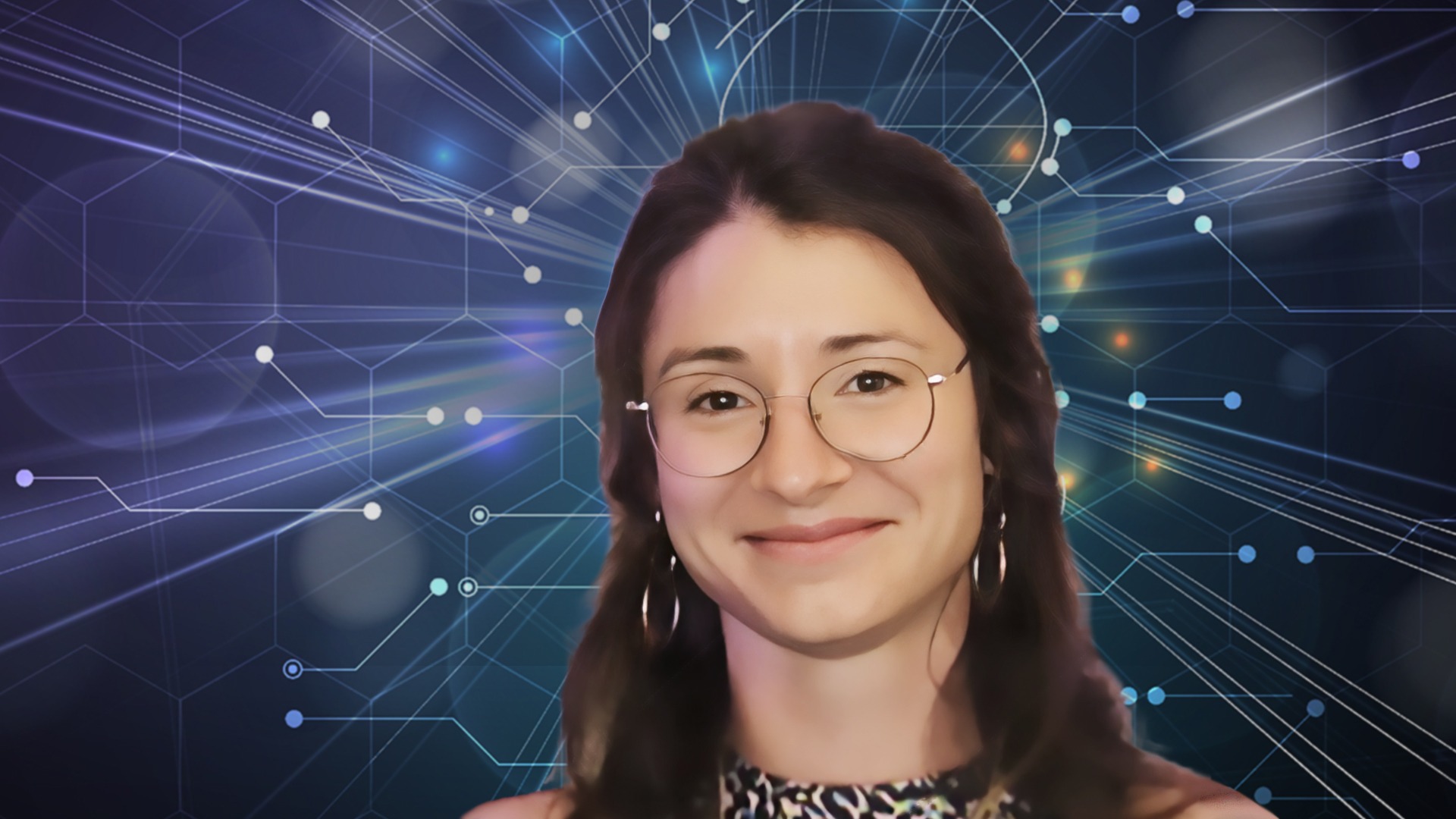New DDLS-Fellow: Juliette Griffié
The recruitment of new Fellows to the SciLifeLab & Wallenberg National Program for Data-Driven Life Science (DDLS) continues and today we get to meet Juliette Griffié in our Q&A style article series. Juliette will be joining the DDLS Cell and molecular biology research area at Stockholm University.
Juliette studied in France for her undergrads and Masters, with majors in Engineering and Physics. She then moved to King’s College London (KCL) for her PhD in Biophysics in the laboratory of Prof D.M. Owen, studying T cells at the molecular level. She has recently been at EPFL in Switzerland where she was awarded an MSCA fellowship for her postdoctoral work.
How do you think your expertise can contribute to the program?
I have a particular interest and expertise in super resolution microscopy, a family of imaging techniques that achieve nanoscale resolution. Both my PhD work and MSCA fellowship have consisted in the development of analytical tools to extract meaningful information from these images. This is an instrumental task in order to bridge the gap between producing “pretty pictures” and actually enabling scientists to answer fundamental biological issues with these data sets. The analytical tools I have developed range from fully data driven generative models for cell population studies, structural characterization of the molecular architecture at a single cell level, Bayesian statistics and modelling. Broadly, they all have at heart to push forward and democratize data driven life science taking as input microscopy images. Both aspects of my skill set i.e., microscopy to investigate cells and dedicated data analysis pipelines for the resulting images, will contribute to the program.
Shortly describe your research in an easy to understand way.
As a physicist, I have always been very curious of how cells function. They consist after all of extremely complex systems that can produce a range of yet very specific outcomes. Hence, my research has focused on the use of fluorescence microscopy to investigate the cellular machinery, taking as a starting point its most essential building block: proteins. To be able to characterize and localize in time and space key signaling proteins in cells is necessary to truly understand cell signaling, regulation and, eventually, cell fate and functioning. This is however not possible with conventional light microscopy techniques which are limited in resolution to at best ~200nm. For that reason, most of my work has relied on super resolution microscopy, as it uniquely allows scientists to study cells with down to 10-30nm resolution, whilst maintaining protein specificity. It really is a unique tool to visualize cells at the molecular level! The focus of my research consists in the development of computational tools to extract useful information from these super-resolved images. I have studied biological systems ranging from T-cell activation to bacterial cell cycle, relying for their interpretation on tools such as modelling, Bayesian statistics, morphological analysis as well as supervised and unsupervised machine learning.
How do you think the program and interactions with the other DDLS-Fellows will benefit you?
The DDLS program offers a fantastic opportunity to network and discuss with researchers not only at a similar career stage but, also, with a shared belief and interest in data driven life science. Although our applications vary vastly, there is interesting overlaps in terms of methodology which will, I am convinced, lead to collaborations. The program also has at heart to develop educational content and opportunities that will contribute to recruit and train excellent early career researchers.
Name one thing that people generally do not know about you.
I won the title of “rocket” of Sierre Zinal 2022.
Where do you see yourself in five years regarding the DDLS aspect?
I hope to have a happy lab developing cutting edge analytical tools for microscopy to understand better how immune cells work in the context of auto immune diseases and pathogens. I will be at a stage where I can advocate for DDLS and contribute to the resulting network of fellows and early career researchers.
In one word, describe how you feel about becoming a DDLS-Fellow.
Excited!





